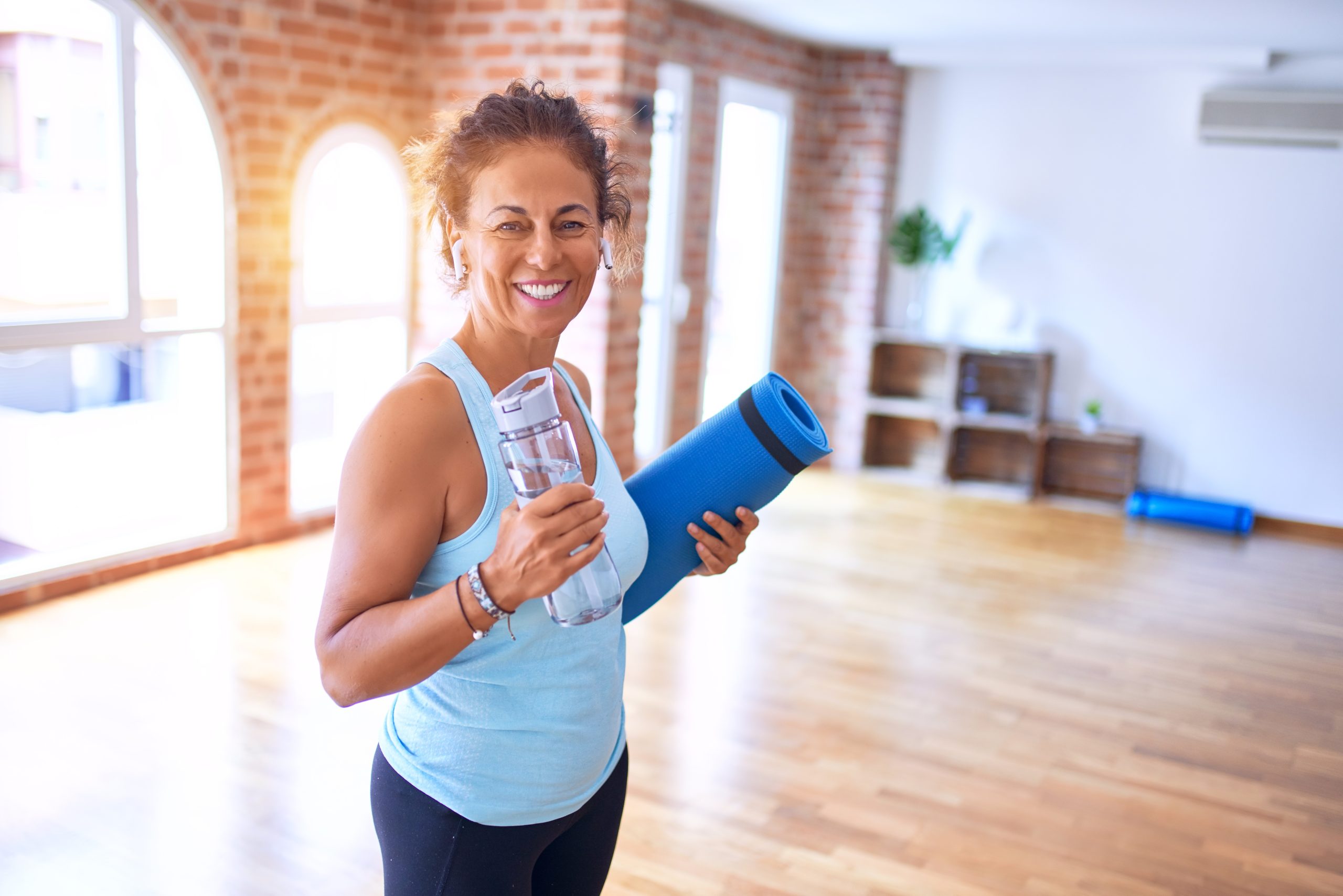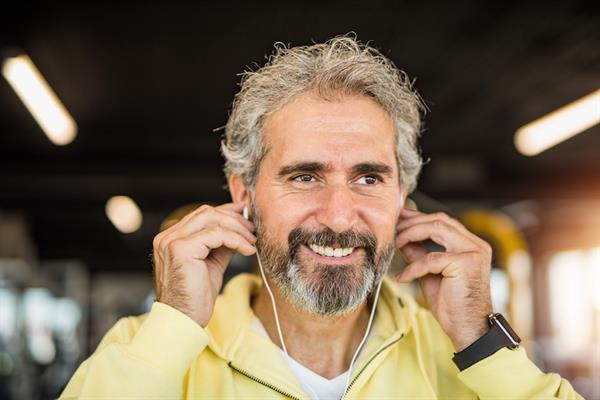The synergy between hormones and overall physical health has been at the forefront of integrative medicine for a long time. There is a lot of attention devoted to hormone replacement therapy in the context of both perimenopause and menopause. As an integrative medicine practitioner and hormone replacement therapy expert, I’ve been fortunate to delve into the nuanced interplay involving estradiol – an essential female sex hormone—and its impact on exercise endurance.
Here at Nava Health, we believe in health optimization as an opportunity for every age group. We want our clients to live longer and healthier lives and, the earlier the process of optimizing health begins, the better your chances of dramatically improving your quality of health and health span later in life.
A big part of that journey could be hormone replacement to assist with imbalances and attain peak fitness.
Understanding Estradiol
Estradiol, the primary and most potent form of estrogen, plays a pivotal role in the female reproductive system. Beyond its reproductive functions, estradiol has far-reaching effects on various physiological processes, including metabolism, bone health, and cardiovascular function. One aspect that has gained significant attention in recent research is its impact on exercise performance and endurance.
Estradiol’s Influence on Metabolism
Metabolism is the cornerstone of energy production, and estradiol contributes uniquely to its regulation. Studies have shown that estradiol can enhance the utilization of carbohydrates during exercise, providing a more efficient energy source for muscles. This, in turn, can lead to improved endurance and delayed onset of fatigue during prolonged physical activity.
Moreover, estradiol influences fat metabolism, promoting a balanced energy utilization strategy. The ability to efficiently tap into fat stores can be particularly beneficial for endurance athletes, as it extends the body’s duration to sustain physical activity.
Bone Health and Exercise
While the impact of exercise on bone health is well-established, the role of estradiol in this equation cannot be overlooked. Estradiol maintains bone density, and regular weight-bearing exercises further support bone health. A holistic approach that combines proper nutrition, exercise, and hormonal balance becomes crucial, especially for women approaching menopause when estradiol levels naturally decline.
Cardiovascular Benefits
The cardiovascular system is another arena where estradiol showcases its multifaceted influence. Estradiol has been linked to improved endothelial function, which enhances blood flow and nutrient delivery to working muscles during exercise. This not only aids in performance but also supports overall cardiovascular health.
Intricacies of Menstrual Cycle and Exercise
Understanding the menstrual cycle is essential for tailoring exercise routines to harness the benefits of estradiol. The follicular phase, characterized by rising estradiol levels, is associated with improved exercise performance. Women may experience increased strength, endurance, and overall athletic performance during this phase.
On the other hand, the luteal phase, which follows ovulation, sees a decline in estradiol levels. While this phase may present some challenges, adapting training intensity and focusing on recovery strategies can help optimize performance and mitigate any potential impact on endurance.
Practical Recommendations for Women and the Benefits of Estradiol
- Nutrition and Hydration: Ensuring an adequate intake of nutrients, particularly those that support hormonal balance, is crucial. Additionally, proper hydration is essential for optimizing exercise performance.
- Tailored Exercise Programs: Designing exercise routines that align with the menstrual cycle can enhance the benefits of estradiol. Periodizing training intensity and focusing on specific aspects during different phases can lead to more efficient outcomes.
- Hormonal Health: Consultation with healthcare professionals specializing in bioidentical hormone replacement therapy can provide valuable insights into maintaining hormonal balance through lifestyle, nutrition, and, if necessary, hormonal interventions.
When optimizing your health for peak performance today and in the future, recognizing the impact of hormones on exercise performance is paramount. Estradiol, a key female endocrine system player, influences exercise endurance, metabolism, bone health, and cardiovascular function. By understanding these intricacies, women can tailor their approach to fitness, embracing the synergy between hormonal balance and optimal physical well-being.
As we explore the dynamic relationship between hormones and exercise, a new paradigm emerges that empowers women to achieve fitness goals while embracing their roadmap to a longer, healthier lifespan.



